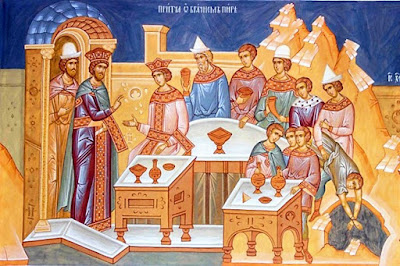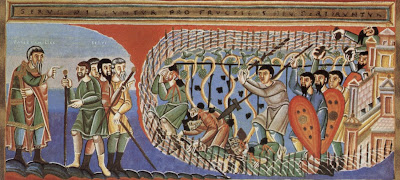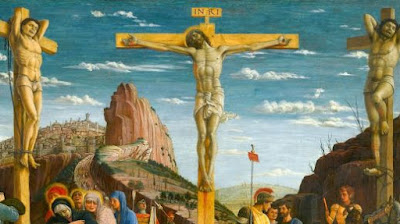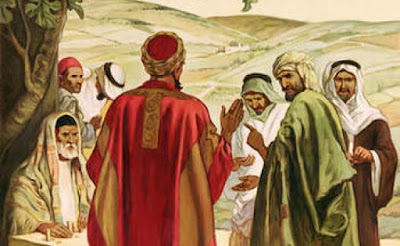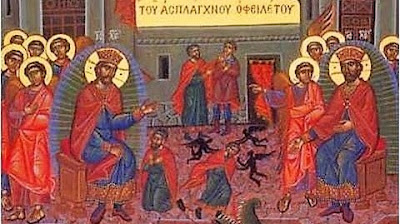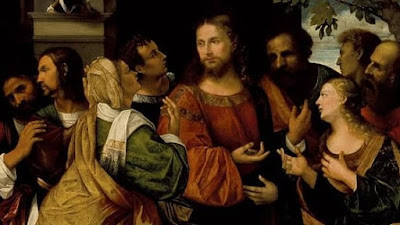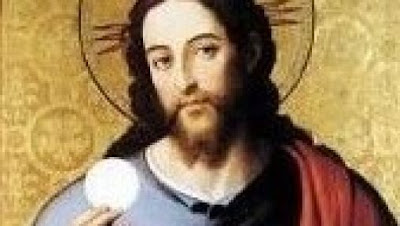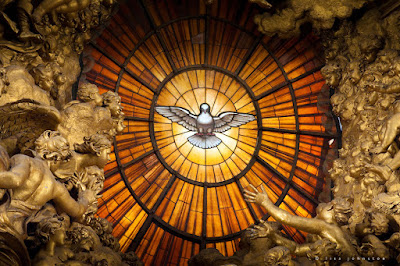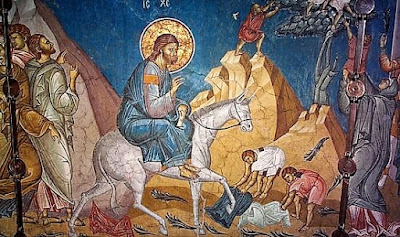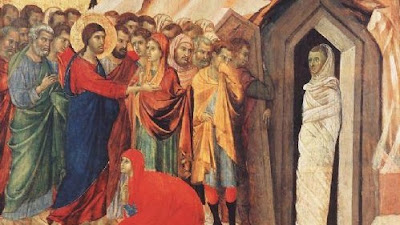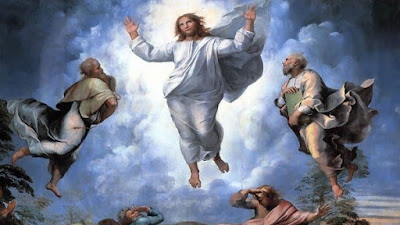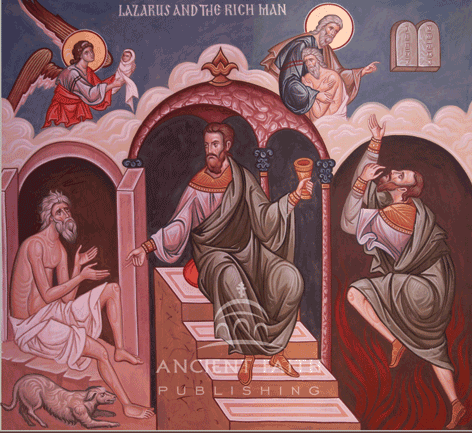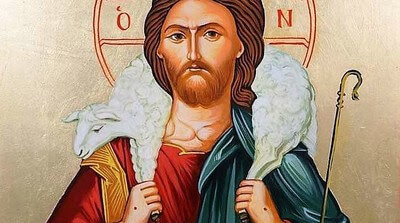Chosen: A Reflection for the 29th Sunday in Ordinary Time, Year A
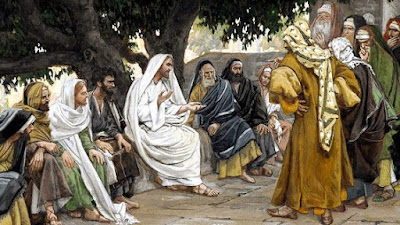
By Fr. René J. Butler, M.S. La Salette Missionaries of North America (Isaiah 45:1-6; 1 Thessalonians 1:1-5; Matthew 22:15-21) Cyrus is a fascinating historical personage. His was the largest empire the world had yet seen. He governed wisely, repatriating deported peoples, and respecting cultures and religions, including Judaism. In the Bible, he is the only pagan to be called ‘Anointed,’ which in Hebrew is the word ‘Messiah.’ God called him by name, i.e., he had a special purpose for him. He was chosen. St. Paul calls to mind the faith and love of the Thessalonians, and knows how they were chosen, to become disciples of Jesus Christ, whose name means ‘Lord-Savior Anointed.’ The Pharisees had a clear sense of their mission. Among the chosen people of Israel, they were to be faithful to the Law of God, to promote fidelity to it, and to defend it. In the Gospels they were often scandalized by Jesus’ seeming indifference to the Law, and more than once they tried to trap him
